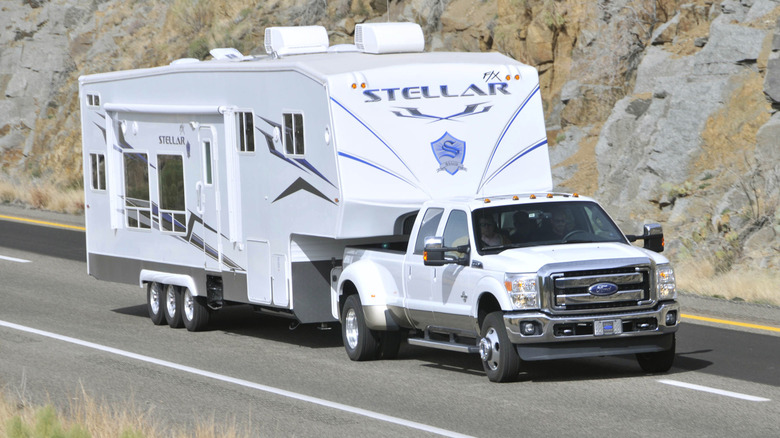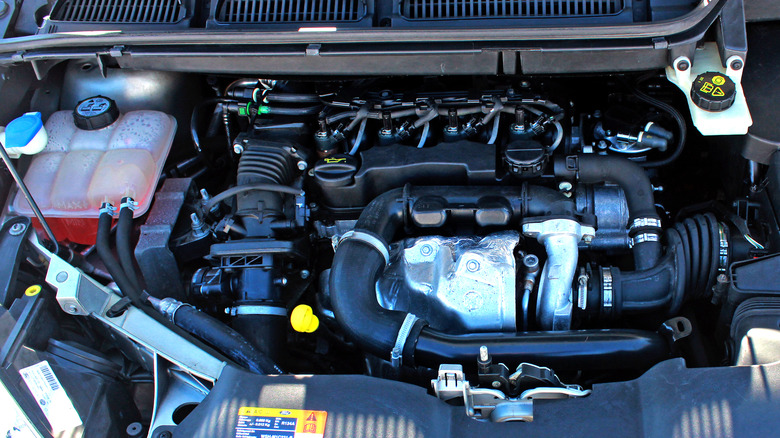5 Essential Diesel Engine Maintenance Tips You Should Know
Diesel engines are renowned for their remarkable low-end torque, longevity, and sterling fuel economy. Diesel fuel packs 10% to 15% more energy than gasoline or petrol, enabling it to go 35% farther on a gallon of diesel fuel. Moreover, diesel engines have larger, sturdier internal components and a larger oil capacity to handle more abuse. Diesel engines produce peak torque at lower engine speeds, so they don't need to rev like a Honda S2000 to climb slopes or pull heavy loads.
However, diesel motors require proper maintenance to tick like a clock at every start. Warning signs like poor fuel economy, rough idling, difficulty starting, low power output, and bluish smoke from the exhaust means it's time to visit the shop and give your diesel a much-needed check-up. Before any symptoms rear their ugly heads, here are five diesel engine maintenance tips that every diesel owner should know for their truck.
Diesel maintenance essentials
Diesel engines could run above 1,000,000 miles before requiring a major overhaul, but there's a catch: Diesel mills require frequent maintenance over the engine's lifespan. A typical diesel would generally need fewer trips to the garage than a gas-powered vehicle, but the repair costs are higher if something goes wrong. Nothing lasts forever, but applying these maintenance hacks will add more miles to your trusty diesel mill.
- Change the oil frequently. The oil change intervals would depend on the make and model of your ride. Refer to the owner's manual to determine when to change the oil. An average diesel pickup truck requires an oil change every 5,000 to 7,000 miles, but the rule of thumb is to change the oil every three months for workhorse diesel engines that do a lot of hauling, towing, and climbing.
- Regularly change the oil and air filters. Diesel engines running on clogged or filthy oil and air filters will have less power and more smoke. It's a good idea to change the oil filter in every oil change, and to clean or replace the air filter at least once a year (or every 15,000 miles).
- Give the diesel a few moments to warm before stepping on the go-pedal. Diesel engines may be larger, heavier, and more durable than a gasoline mill, but they are no less susceptible to excessive friction from cold starts. Allow the engine to idle for at least a minute (or longer in icy weather) before putting it in gear, allowing the oil to circulate and apply its lubricating powers to internal components before the action begins.
- Replenish or drain the coolant. Diesel engines require more frequent coolant changes than gasoline, with most requiring a coolant drain every two years, or 30,000 miles. Since diesels operate at higher compression ratios, the vibrations in each cylinder would cause the coolant to cavitate over time, damaging the water pump impeller and causing coolant degradation.
- Periodically inspect and change the fuel filters. Dirty or clogged-up fuel filters could affect fuel injector performance. Replace the fuel filters every 10,000 to 25,000 miles.

